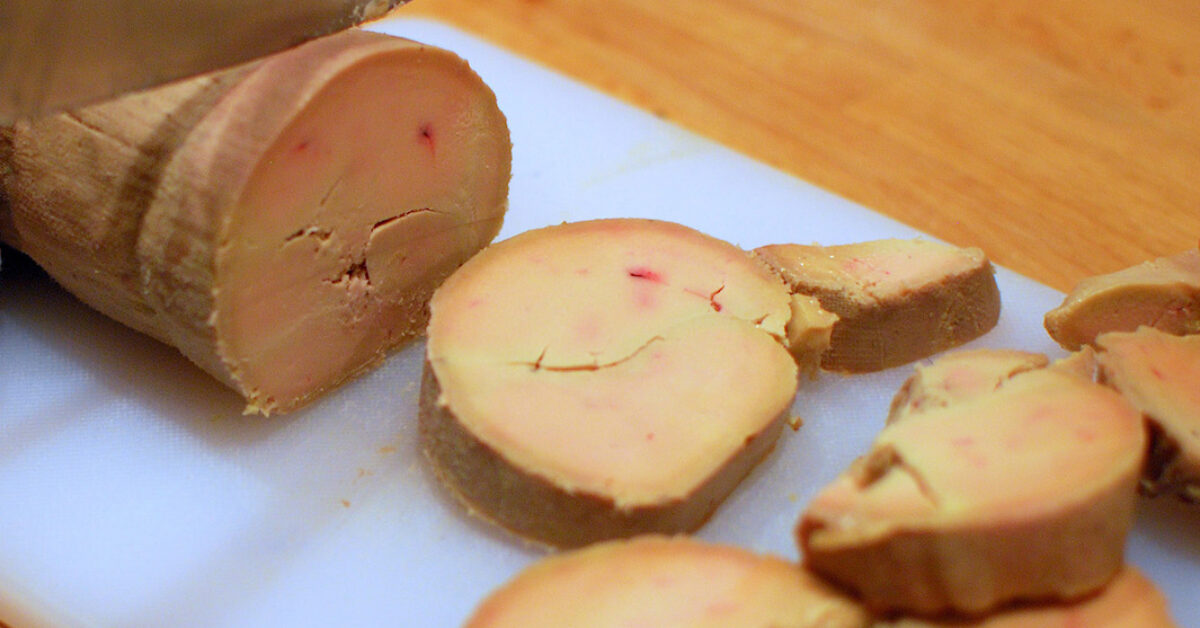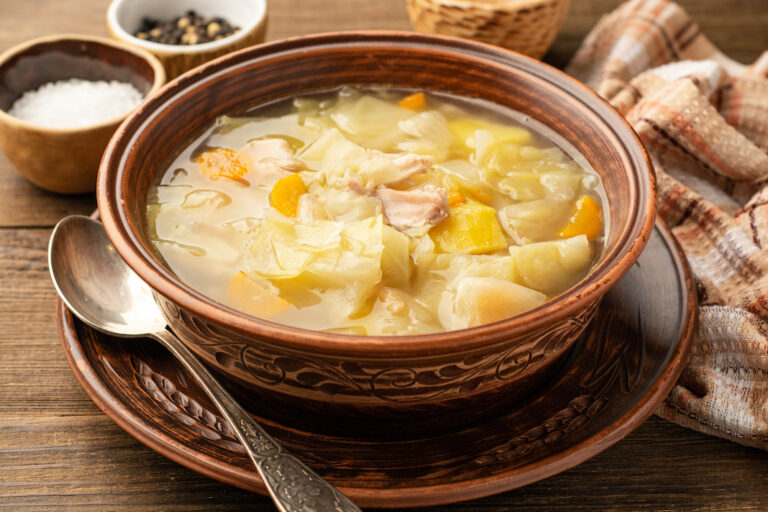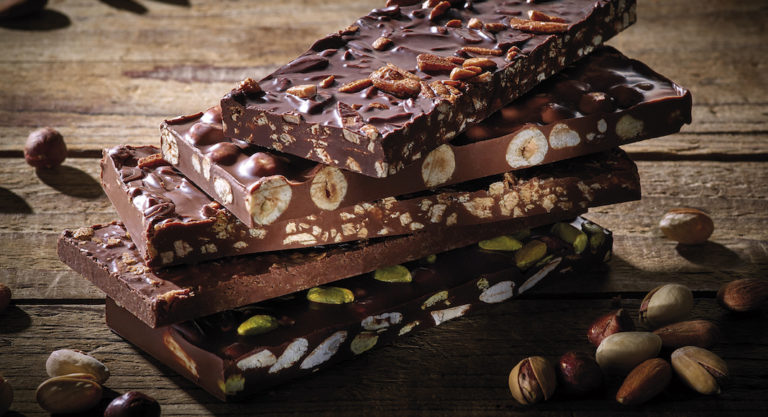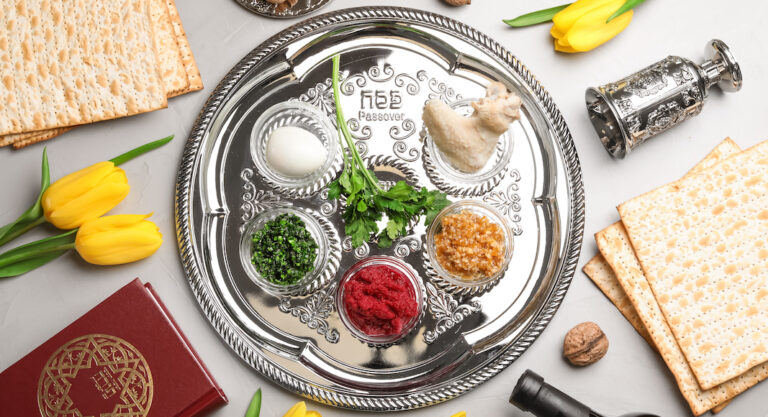Bad news for foie gras producers. On Monday, January 7, the Supreme Court of the United States dismissed an appeal by professionals in the industry against the ban on this culinary specialty in the Golden State. The law punishing sellers of foie gras, a pâté of fattened duck or goose liver, with heavy fines therefore remains in place.
This is the end of a back and forth, decade-and-a-half-long process which has kept all foie gras lovers and their detractors on their toes for several years in the United States. It all began in 2004, when California adopted a law prohibiting the manufacture and consumption of foie gras. The law did not come into force until 2012, though chefs continued to offer it and individuals continued to order it from suppliers outside California even after the ban was instated. A lengthy legal procedure was then initiated by producers and restaurants to lift this ban, causing the law to be suspended in 2015. It was reinstated in 2017.
How foie gras is described depends on who you’re talking to. Reuters defines foie gras as being “made from the livers of geese or ducks that have been fattened with grain by force-feeding.” The animal rights group PETA describes it as “sensitive, conscious ducks and geese are crammed into warehouse-like sheds and force-fed until they develop hepatic lipidosis, commonly known as ‘fatty liver disease.'”






